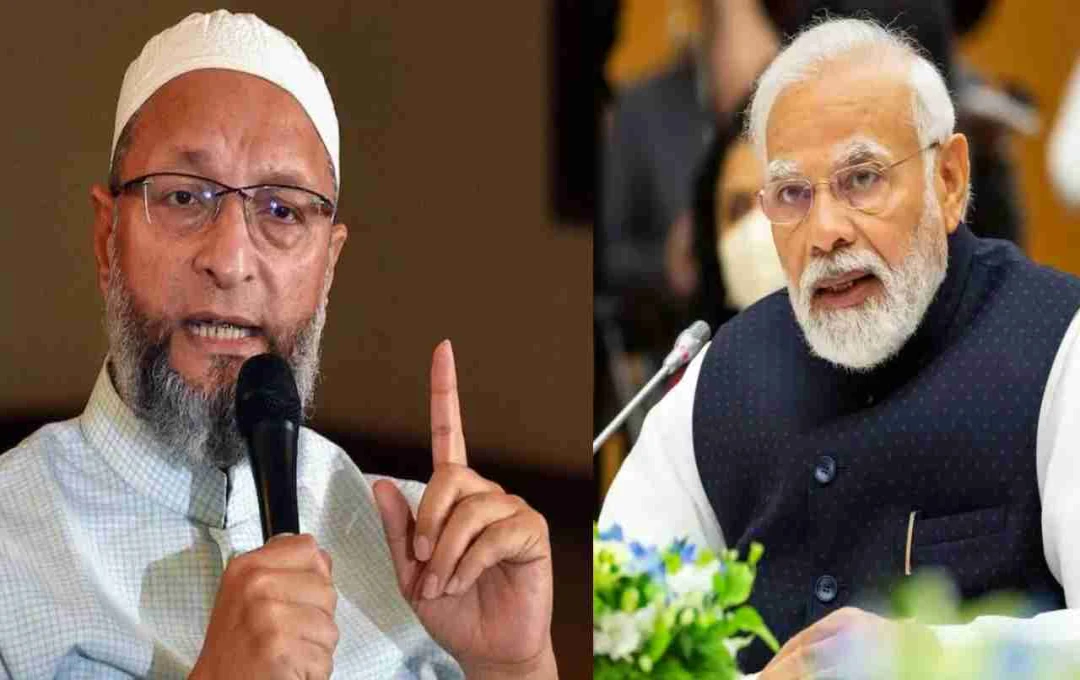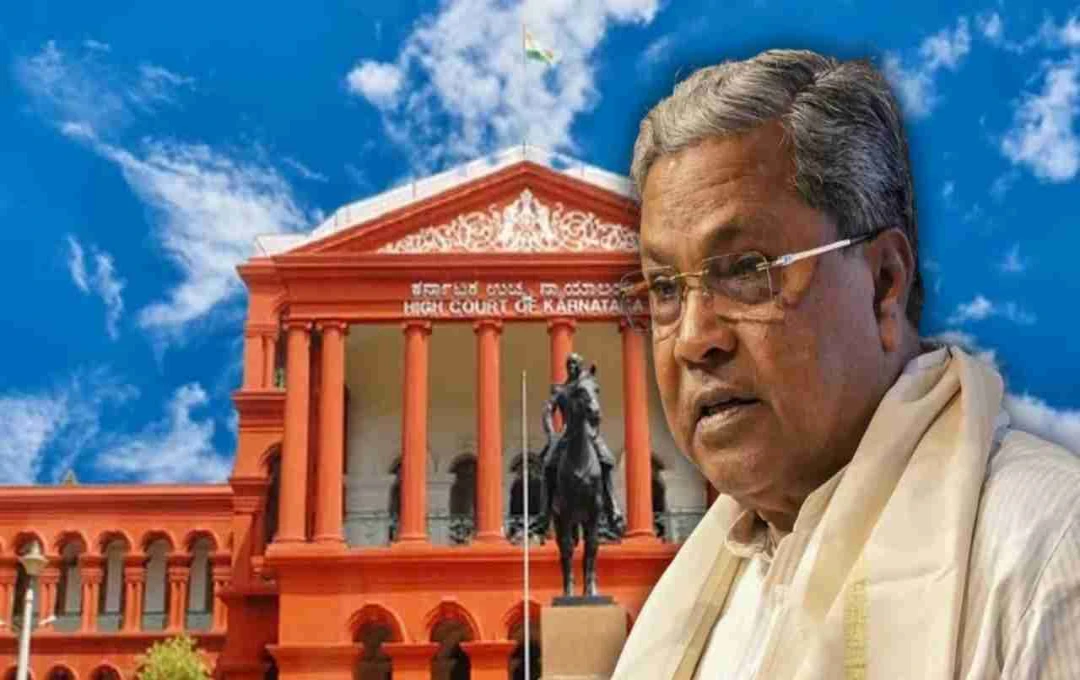Obesity is a major cause of serious diseases like diabetes, high blood pressure, and heart disease. Abdominal obesity is particularly dangerous as it affects metabolism and insulin function. A balanced diet, regular exercise, and bariatric surgery when necessary can help prevent obesity and its associated health problems.
Risk of Diabetes from Obesity: Obesity is rapidly increasing in India and has become a major cause of diabetes, high blood pressure, heart disease, and other serious health problems. According to Senior Surgeon Dr. Ashish Gautam, abdominal fat reduces insulin activity in the body and increases blood sugar. Lack of physical activity in cities and improper diet are the main reasons behind weight gain. To prevent obesity, a balanced diet, regular exercise, and bariatric surgery in severe cases are recommended.
Link Between Obesity, Diabetes, and Blood Pressure
Dr. Ashish Gautam, Senior Director - Laparoscopic and Robotic Surgery, Max Super Speciality Hospital, Patparganj, explains that excessive fat releases chemicals in the body that interfere with insulin function. This is particularly due to fat accumulated around the abdomen. When it becomes difficult for cells to absorb glucose, blood sugar levels rise, leading to a risk of type 2 diabetes.
Abdominal obesity is linked to metabolic problems and increases the risk of heart disease, difficulty breathing, and other health issues. The statistics on childhood obesity are also alarming. More than 14.4 million children in India are obese. Obese children have a higher risk of diabetes and other metabolic problems.
Obesity and High Blood Pressure
Being overweight leads to increased blood pressure. An increase in blood volume in the body and increased pressure on the heart cause blood pressure to rise. Chemicals produced by fat cells narrow blood vessels, further increasing blood pressure. High blood pressure can pose a serious threat to the heart, kidneys, and brain. Abdominal obesity is particularly harmful as it exacerbates inflammation and metabolism-related issues.
Causes of Weight Gain in India

Migration to cities and a reduction in physical activity are major contributors to obesity. A World Health Organization report states that half of India's population does not get enough exercise. Furthermore, increased consumption of processed and ultra-processed foods, which are high in calories and low in nutrition, is exacerbating the problem of obesity. The issue of weight gain became more severe during COVID-19 due to staying at home and reduced activities.
Measures to Prevent Obesity
Lifestyle changes are essential to control obesity. A balanced diet including fruits, vegetables, whole grains, and lean proteins helps manage weight. Processed foods should be minimized, and portion sizes should be monitored. Regular exercise helps maintain heart health, burn calories, and enhance insulin efficiency. Brisk walking, cycling, and exercising at home help control blood sugar and blood pressure.
Bariatric Surgery
For some individuals, controlling weight through diet and exercise is difficult. In such cases, bariatric surgery can be an option. If a person's BMI is above 32 and they also have diabetes or high blood pressure, this surgery can be beneficial. In severe cases, the BMI should be above 35. Robotic surgeries like sleeve gastrectomy and gastric bypass reduce stomach size, leading to less hunger. Many patients experience improvements in blood sugar levels just a few days after surgery.
Lifestyle After Surgery
Maintaining weight control is crucial even after surgery. A balanced diet, regular exercise, adequate water intake, and follow-up visits can help manage weight. This helps preserve muscle mass and prevent weight regain.














